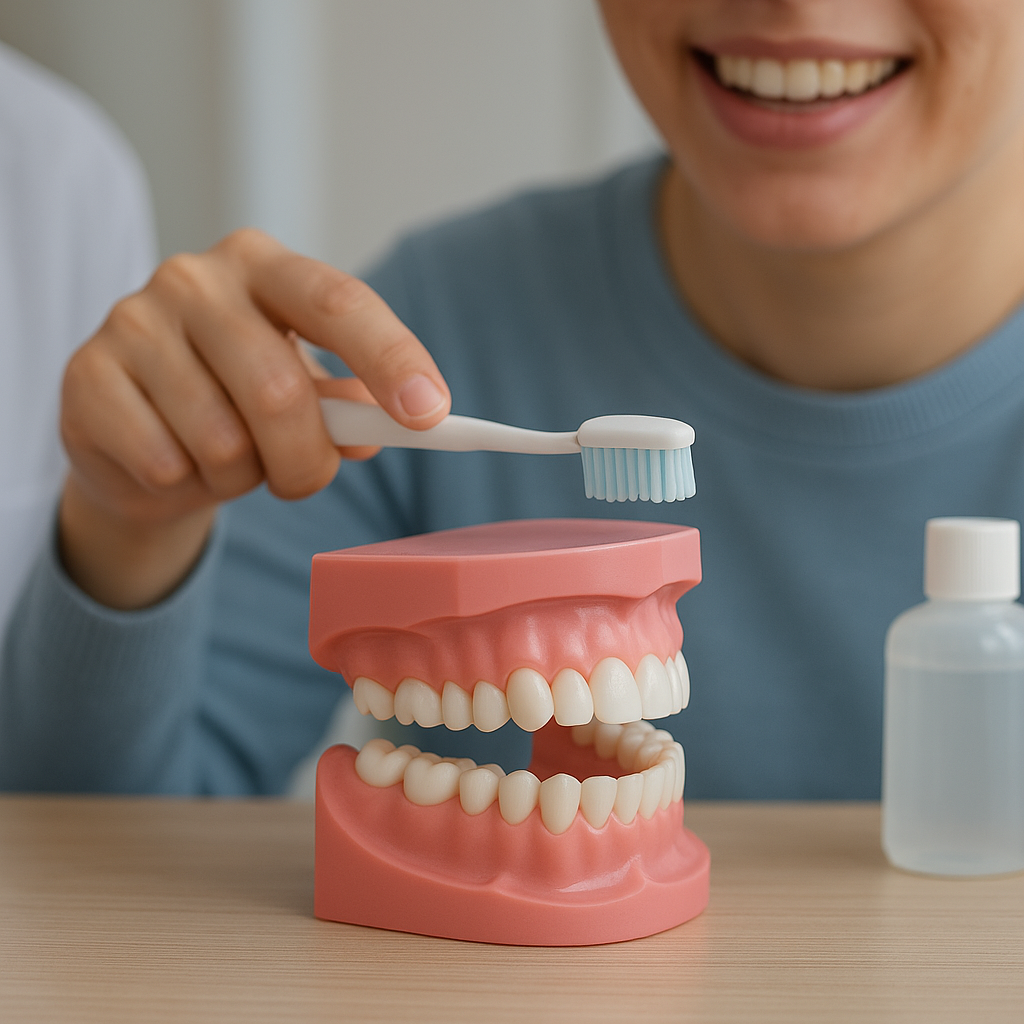The latest research on jawbone health and osteoporosis reveals critical insights into how these two areas are interconnected, shedding light on the implications for dental health and overall well-being. As the understanding of osteoporosis expands, it becomes increasingly clear that the health of the jawbone plays a significant role in dental practices and patient care. This article will explore the relationship between jawbone health and osteoporosis, the impact of osteoporosis on dental health, and the latest findings that can inform both dental professionals and patients.
Understanding Jawbone Health
Jawbone health is essential for maintaining proper dental function and overall oral health. The jawbone, or mandible, supports the teeth and provides structure to the face. A healthy jawbone is crucial for effective chewing, speaking, and maintaining facial aesthetics. Several factors can influence jawbone health, including genetics, nutrition, and lifestyle choices.
One of the most significant factors affecting jawbone health is bone density. Bone density refers to the amount of mineral matter per square centimeter of bone. Higher bone density typically indicates stronger bones, while lower density can lead to conditions such as osteoporosis. Osteoporosis is a systemic disease characterized by decreased bone mass and deterioration of bone tissue, leading to increased fragility and risk of fractures.
The Role of Osteoporosis in Jawbone Health
Osteoporosis primarily affects the trabecular bone, which is the spongy bone found in the jaw. When osteoporosis occurs, the jawbone can lose density, leading to a range of dental issues. Research has shown that individuals with osteoporosis are at a higher risk of experiencing tooth loss, periodontal disease, and complications following dental procedures.
Moreover, the loss of jawbone density can affect the fit and stability of dentures, making it challenging for individuals to maintain proper oral function. This can lead to a cycle of declining oral health, as difficulties with chewing can result in poor nutrition and further health complications.
Recent Research Findings
Recent studies have focused on the relationship between osteoporosis and jawbone health, providing valuable insights for dental professionals and patients alike. One significant finding is the correlation between osteoporosis and the prevalence of periodontal disease. Periodontal disease is an inflammatory condition affecting the supporting structures of the teeth, and it has been shown to be more common in individuals with low bone density.
Another area of research has examined the impact of osteoporosis medications on jawbone health. Bisphosphonates, commonly prescribed to treat osteoporosis, have been associated with a rare but serious condition known as osteonecrosis of the jaw (ONJ). ONJ is characterized by the death of jawbone tissue, often following dental procedures such as tooth extractions. Understanding the risks associated with these medications is crucial for dental professionals when planning treatment for patients with osteoporosis.
Preventive Measures and Recommendations
Given the implications of osteoporosis on jawbone health, preventive measures are essential. Dental professionals should conduct thorough assessments of patients’ medical histories, including any diagnoses of osteoporosis or medications being taken. This information can guide treatment decisions and help mitigate risks associated with dental procedures.
- Regular Dental Check-ups: Routine dental visits are vital for monitoring oral health and identifying potential issues early.
- Bone Density Testing: Patients at risk for osteoporosis should undergo bone density testing to assess their bone health.
- Nutrition and Lifestyle: A balanced diet rich in calcium and vitamin D, along with regular exercise, can help maintain bone density.
- Medication Management: Patients should discuss their osteoporosis medications with their healthcare providers to understand potential side effects and risks.
Conclusion
The latest research on jawbone health and osteoporosis underscores the importance of understanding the interconnectedness of these two areas. As dental professionals continue to navigate the complexities of treating patients with osteoporosis, staying informed about the latest findings is crucial. By implementing preventive measures and fostering open communication with patients, dental practitioners can help mitigate the risks associated with osteoporosis and promote better oral health outcomes.
In summary, maintaining jawbone health is essential for overall dental health, particularly for individuals with osteoporosis. As research continues to evolve, it is imperative for both dental professionals and patients to remain vigilant and proactive in addressing the challenges posed by osteoporosis. Through education, prevention, and collaboration, we can work towards improving the quality of life for those affected by this condition.




